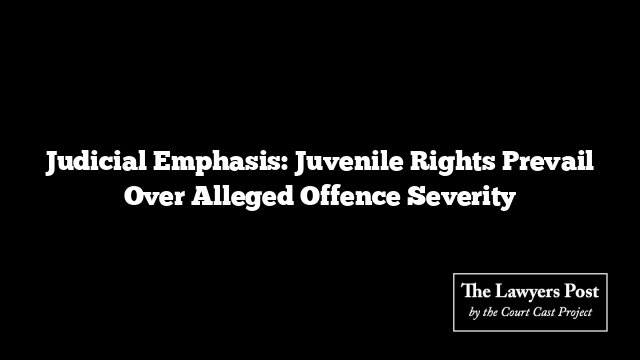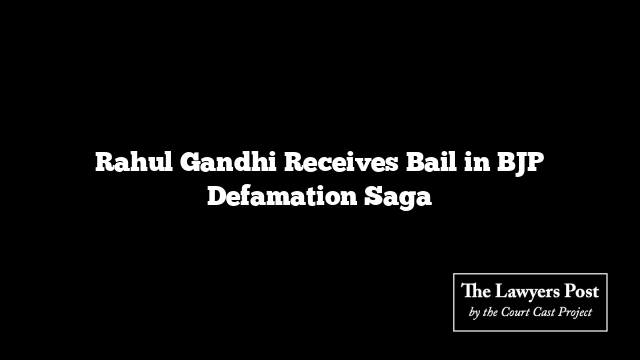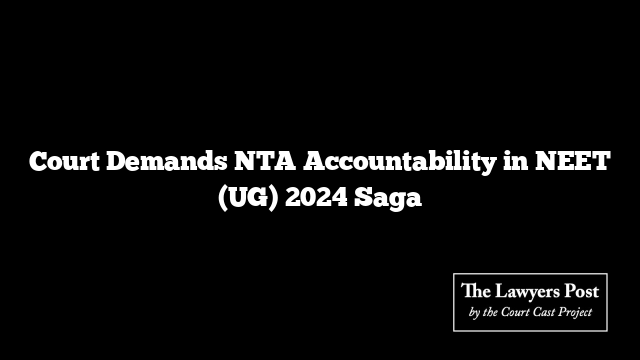In a recent judicial pronouncement, the Allahabad High Court underscored the primacy of juvenile rights over the gravity of alleged crimes, reiterating the provisions of the Juvenile Justice Act, 2015.
Delving into the case of a teenager embroiled in a series of accusations, including involvement in a heinous crime, the Court, led by Justice Manish Kumar Nigam, elucidated that the severity of the offence does not constitute a justifiable ground for denying bail to juvenile offenders.
Citing precedent and statutory provisions, the Court elucidated that Section 12 of the JJ Act delineates specific circumstances warranting the denial of bail to juveniles, none of which encompass the gravity of the alleged offence.
The accused teenager, ensnared in the coils of the justice system since his arrest, found respite in the High Court’s decision after being rebuffed at the lower judicial echelons. The Court’s discernment, rooted in the juvenile’s lack of prior criminal history and his extended confinement in a juvenile facility, formed the basis for the grant of bail.
However, the dispensation of justice came with conditions. The Court, cognizant of the responsibilities that accompany liberty, mandated the juvenile to furnish an undertaking, undersigned by his guardian, pledging noninterference in the trial proceedings. Failure to comply, warned the Court, would invite repercussions tantamount to an abuse of the granted bail.
Further emphasizing the gravity of adherence to the legal process, the Court delineated the consequences of nonappearance during trial, invoking the provisions of the Indian Penal Code to ensure compliance.
In defense of the accused juvenile stood advocates Radhey Shyam Shukla and Vipul Shukla, stalwarts of legal advocacy.
This judicial decree not only underscores the legal protection afforded to juvenile offenders but also highlights the nuanced balancing act between the severity of alleged crimes and the fundamental rights enshrined in the Juvenile Justice Act.





